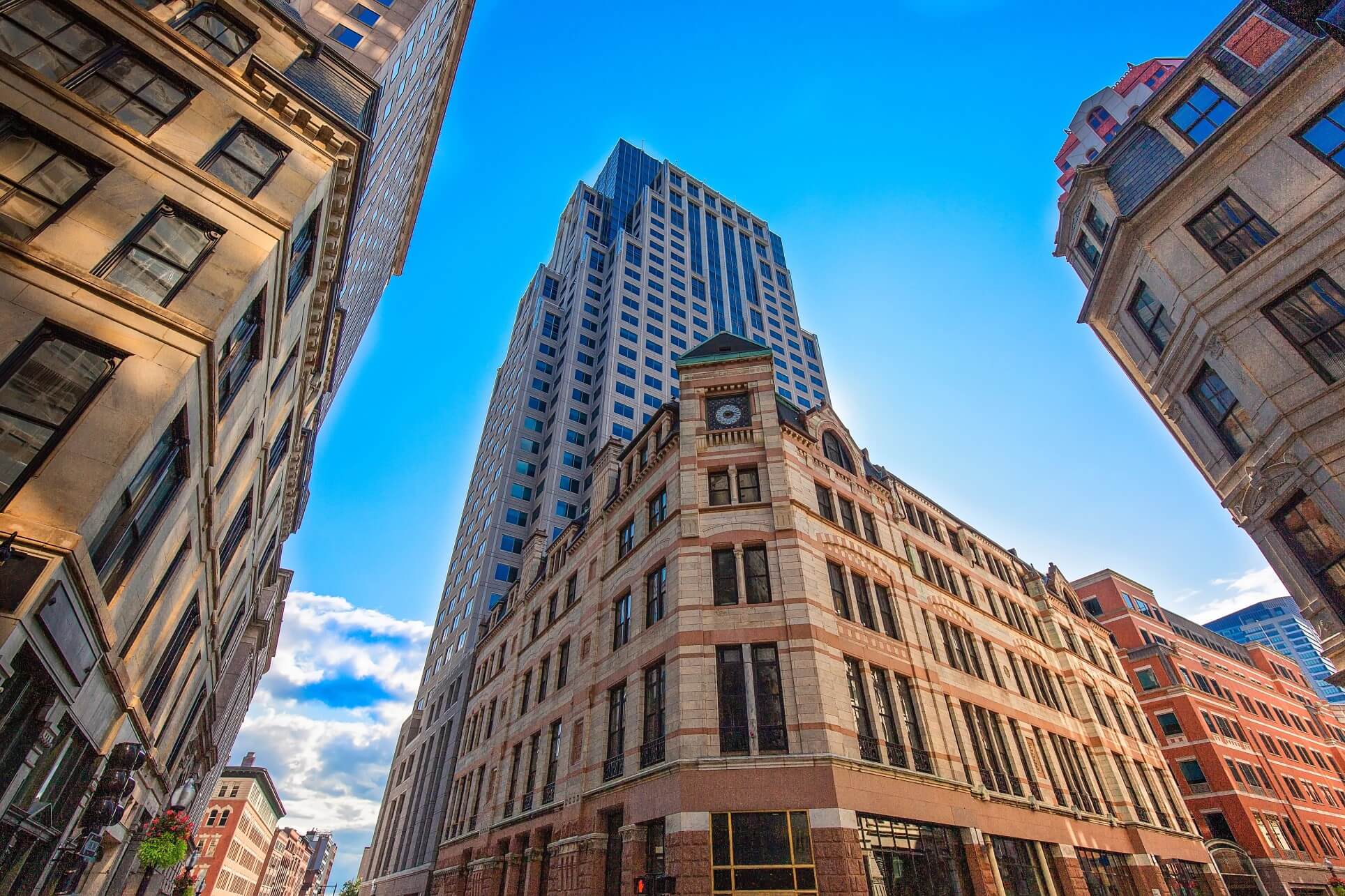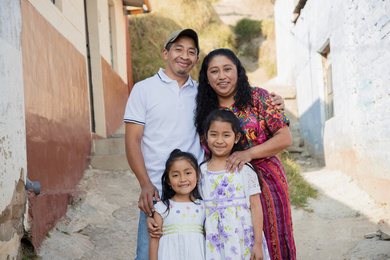Think Sustainable Network: Sustainable Finances and Investment for Change

With this in mind, we have launched the Think Sustainable Network, a network to connect senior executives working in Latin America and the Caribbean and to maintain a dialogue on sustainable finances and investments. These executives include bank directors, microfinance institutions, insurers, investment funds and pension funds. Ever since the member states of the United Nations agreed in 2015 to contribute to the Sustainable Development Goals (SDGs), responsible investment has been resounding with increasing force in the financial arena. Issues such as facilitating access to clean water, promoting sanitation, developing non-polluting sources of energy, creating sustainable cities and communities and combating climate change began to align with the interests of decision-makers, generating a demand for sustainable finances and investments based on responsible investment.
“I always thought that the power coming from hydroelectric plants was clean, and then they took us to this dam in the middle of the Amazon,” says David Saettone, Executive President of Andean Crown, a boutique regional investment firm in Lima, Peru. “And this scientist explained to us the negative impact that this dam had had on the forest, because it had completely affected the forest and actually generated more methane and carbon.” Saettone is part of a group of executives who participated in the first promotion of this network. They received training from the IDB that lasted six months and was provided in three phases. The first phase began in July 2018 in the Brazilian Amazon, one of the places with the greatest biodiversity on the planet, where the participants had the opportunity to explore at first hand the complexities of sustainable development by visiting various projects developed in the region.
In November, the participants traveled to London to visit The City, today considered the center of green finances worldwide. There they had the opportunity to converse with members of the Stock Exchange and members of British capital’s green finance initiative, rating agencies, and others, where it was emphasized that – from the business point of view – investing in sustainability makes sense. For Rui Gomes, chief of financial projects of the Banco Bradesco BBI of Brazil, this was a surprising and “transformative” experience. “To be able to exchange ideas and discuss matters relating to our countries with other participants and also to speak with authorities and key leaders in sustainability in Europe, was surprising for most of the people here,” he says.
Sustainability as the axis of change
Sustainability has proven to be an area of increasing interest in the financial markets, On the demand side, in the United States sustainable investment is 20 times greater than in 1995, and in the last two years alone it has nearly doubled (1.5 times), representing in 2018 one-fourth of total assets invested and managed in that country. In terms of project supply, the number of companies looking to create environmental value – as well as the issuance of green bonds and social bonds associated with that value – is increasing. Currently, sustainable finances are positioned as a unique and avant-garde market opportunity.
For this reason, IDB Invest is helping companies and executives in Latin America and the Caribbean to create and adopt sustainable practices that produce an impact on development. We have been working with more than 25 financial institutions in the region since 2010 to design green loans to SMEs and/or companies in the region that promote clean energy, energy efficiency or sustainable agriculture projects. On occasion, we also work directly with project developers to attract institutional investors to high- impact projects, such as the issuance of bonds for the creation of the Reventazón hydroelectric plant in Costa Rica or the La Jacinta photovoltaic solar plant in Uruguay.
Programs like Think Sustainable Network and other future initiatives will provide support and inspiration to the leaders of financial institutions so that they will consider sustainability as the backbone of regional development and financial profitability, as it is up to them whether sustainability will evolve from ideas to actions. Saettone said he had understood that in the case of realities like that in the Amazon, “we are dealing with complex systems that must be well understood. When we incorporate sustainability in our services – as in loan decisions – we must identify what is really green, what is brown, and in my case I learned the term green-washed referring to things that are sold as green but are not green in reality.”■
LEARN HOW IDB INVEST CAN OFFER YOU SOLUTIONS HERE.
LIKE WHAT YOU JUST READ?
Subscribe to our mailing list to stay informed on the latest IDB Invest news, blog posts, upcoming events, and to learn more about specific areas of interest.
Subscribe



